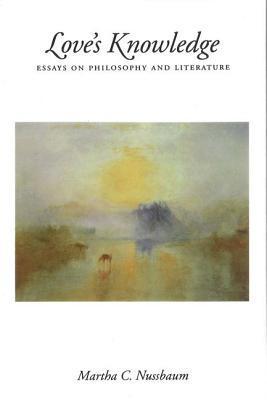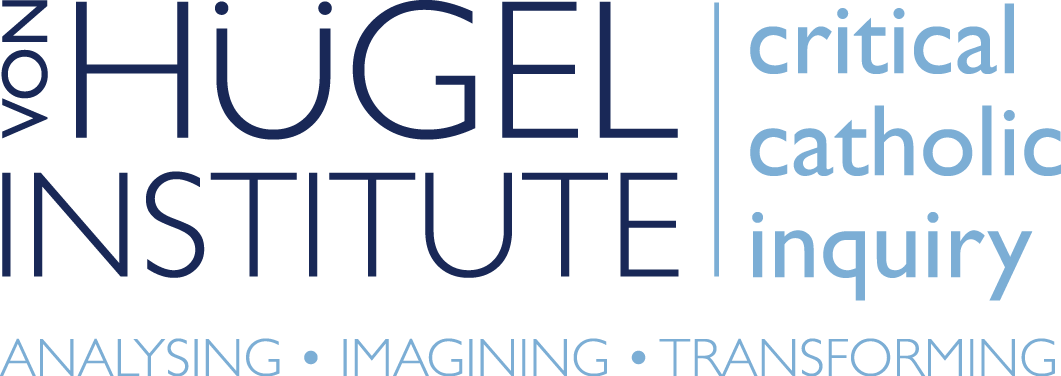The group led by Dr Flavio Comim will read and discuss Love's Knowledge
by Martha Nussbaum.
 What is the importance of love for morality? How does love influence ethics and the way that our moral sentiments are shaped? The attention that love has received in economics, politics, sociology and moral philosophy is only a small fraction of what it has received in literature and the arts. How does love influence social conventions and our moral imagination of others? How does love shape our narrative emotions?
What is the importance of love for morality? How does love influence ethics and the way that our moral sentiments are shaped? The attention that love has received in economics, politics, sociology and moral philosophy is only a small fraction of what it has received in literature and the arts. How does love influence social conventions and our moral imagination of others? How does love shape our narrative emotions?
In this path-breaking, less famous work, the renowned philosopher Martha Nussbaum provides answers to all these questions by exploring the role of love in philosophy and in the literature. She also delves into Aristotelian philosophy and the role of emotions in ethical evaluations. She explores issues of style and content in normative judgements and the priority of particulars in ethical deliberation. The foundations of her theory of morality are put forward by exploring the interplay of emotions and intellect in different literary masterpieces. This classic reading is key to understand the starting point of Nussbaum’s contemporary philosophy and her version of the Capability Approach.
WHEN: every Tuesday from 10 am to 12 noon starting on Tuesday 17 January and finishing on 28 of February
WHERE: Okinaga Room, St Edmund’s College (except for Tuesday 14 February in Teaching Room 2, ground floor!)
HOW IT WORKS: participants present different chapters followed by discussions. During the first session, on Tuesday 17 January, Dr Comim will give an introduction to the volume and all chapters will be assigned for presentation.
For further information please contact Dr Flavio Comim (fvc1001@cam.ac.uk) or Dr Lidia Ripamonti (lr387@cam.ac.uk). All are welcome. Coffee and tea served.


